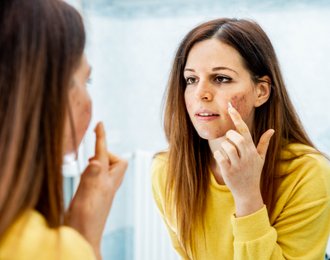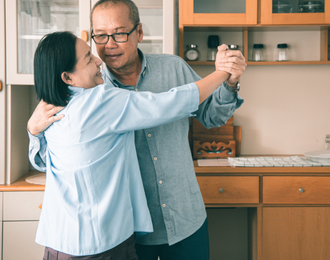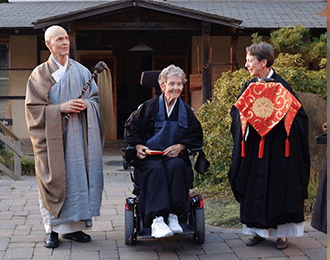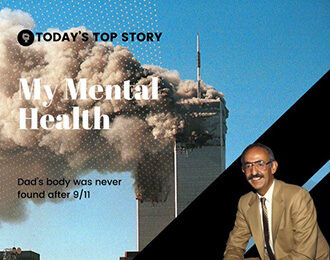I’m A Geriatric Neuropsychiatrist & Here’s Why We Need To Redefine Loneliness

Geriatric Neuropsychiatrist By Dilip Jeste, M.D.
April 2021
Loneliness has been responsible for 162,000 deaths of Americans every year—long before the coronavirus arrived in the U.S. The COVID-19 pandemic and the required social distancing have made all of us keenly aware of the problem of loneliness.
However, people do not realize that the behavioral pandemic of loneliness has been with us for decades—and it’s just getting worse.
What actually is loneliness, and how is it affecting us?
Loneliness does not mean being alone. It refers to subjective distress caused by a feeling that the person doesn’t have the companionship they want. You may not feel lonely even when you are by yourself, while another person may feel lonely even while being in the midst of a crowd.
People who are experiencing loneliness may feel like they are left out, they have no one to talk to, or nobody understands them. Other symptoms associated with loneliness include distress, anxiety, unhappiness, depression, fear of going out, reduced physical activity, and sometimes sleep problems.
How does loneliness kill tens of thousands of Americans annually? It increases the risk of many fatal diseases including heart disease, diabetes, obesity, dementia, and depression with opioid abuse and suicides.
How does loneliness change as you age?
We typically think of loneliness as the inevitable affliction of aging, but the reality is quite different. In published research by myself and others, moderate to severe loneliness is present across the adult life span—no age group is immune—but it is particularly intense during three age periods: late 20s, mid-50s and late 80s.
The causes of loneliness are complex and multifaceted. There are genetic and other biological factors. But many sociodemographic variables are also involved, like the ability to engage with others and stress related to workplace or family relationships. That said, age certainly plays a role.
In your 20s.
During this stage, you are faced with making multiple decisions that could affect the rest of your life. These include choosing a potential life partner and starting a family, settling in a particular city or region. There is a lot of peer pressure, and you often feel that you are doing worse than your peers.
Relationships are often in flux; career paths are still to be determined. It is a time of both great expectation and greater uncertainty, which fuels stress and taxes resilience. Engulfed in their own worlds, 20-somethings may feel like no one quite knows or understands what they are going through.
In your mid-50s.
By a person’s mid-50s, however, many of life’s early trials and tribulations have been sorted out. People have married, formed families, established careers. There’s less uncertainty in those spheres but new angst about what lies ahead.
This is a period of the proverbial midlife crisis. Women experience menopause, and men face the equivalent andropause. You are in the sandwich generation, taking care of children and parents. Some close friends or family members die, you are diagnosed with high blood pressure or diabetes, and mortality becomes a real threat.
In your late 80s.
At this point in life, loneliness may, in fact, simply be the inescapable effect of outliving your peers, friends, and family. You are lonely because many of those who made you feel less alone are now gone, and there is a realization that time is running out. You worry about forgetfulness and fear that you may already be in the throes of Alzheimer’s disease.
Can anything be done about it?
There is an antidote to loneliness. My research has found that wisdom has a strong negative association with loneliness. Persons deemed to be wise, based on empirical measures like the San Diego Wisdom Scale, are deemed to be much less prone to feeling lonely.
And that is good, actionable news. After several decades of research, wisdom can now be scientifically defined as a set of distinct traits with biological correlates in the brain. Those traits include the ability to regulate emotions, engage in self-reflection, be compassionate, tolerate opposing viewpoints, and be decisive when needed.
These traits are not just measurable but modifiable; you can become wiser faster. And in doing so, become less lonely, now and in the future.





